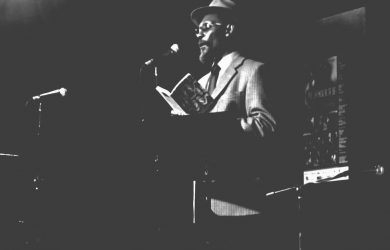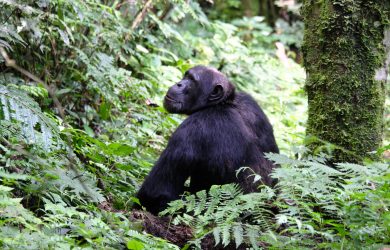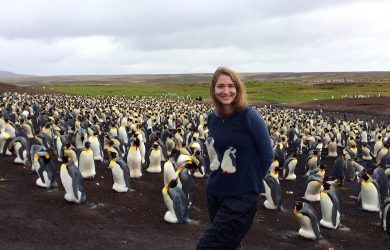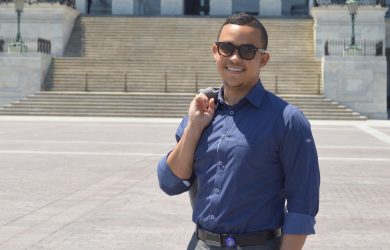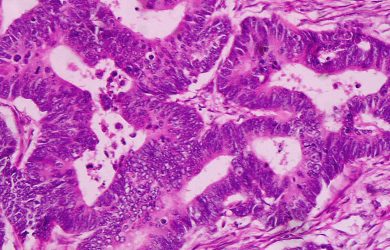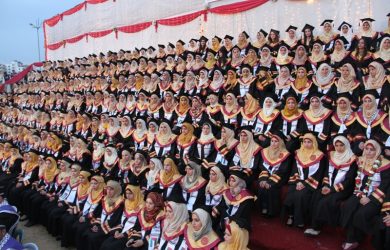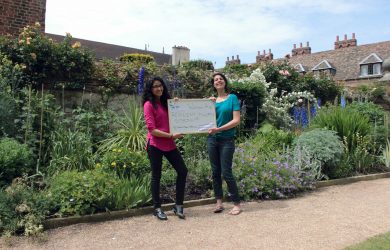News
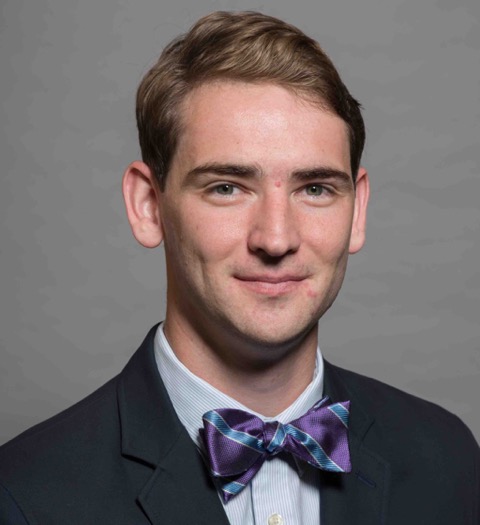
Benjamin Cocanougher
- Alumni
- United States
- 2016 PhD Zoology
- St Catharine's College
I grew up catching praying mantises and damselflies in rural Kentucky. As an undergraduate at Centre College, I majored in Biochemistry and Molecular Biology; I spent my summers taking care of sick children at the Center for Courageous Kids and doing research in organic chemistry and neuroscience. I matriculated directly to the University of Rochester School of Medicine and Dentistry and completed my first three years of medical school. I then moved to Janelia Research Campus as a HHMI Medical Research Fellow; there I studied the neural and genetic bases of behavior. As a PhD student in Zoology, I will study adaptive behavior. All animals integrate information about past experience into future decisions; this is the basis of learning and memory. I am proposing to write a specific memory and read the memory trace in the brain. I will use the fruit fly as a model organism. By understanding mechanisms of memory storage, we can begin to investigate changes in memory formation in disease; this may allow us to develop rational therapies for disorders of memory formation, including autism and Alzheimer’s disease. After completing my PhD, I will return to finish my last year of medical school and pursue a career as a child neurologist and neuroscientist, using my lab to better understand the patients I see in clinic.
Previous Education
Centre College
- Share
Latest News
An intercultural encounter
A Gates Cambridge Scholar has performed at the first International Conference on Live Coding which is opening up new avenues for poetry and poetry performances. Afrodita Nikolova, a poetry slam […]
Transitional justice education
Young people in Bosnia and Herzegovina should no longer be prevented from talking openly about the recent war and from taking up leadership roles to drive positive social and political […]
Healthy eating app
Can an app make people eat more healthily? Sarah Mummah has been working on a mobile app that promotes the eating of vegetables and her pilot test results, which she […]
Chimpanzee cultures
For centuries it has been thought that culture is what distinguishes humans from other animals, but over the past decade this idea has been repeatedly called into question. Cultural variation […]
Exploring research opportunities in the Falklands
A Gates Cambridge alumna who led a Pan-American scientific delegation to the Falkland Islands earlier this year has co-published an article in a prestigious journal reflecting on the experience. Dr […]
From undocumented and afraid to social justice advocate
Carlos Adolfo Gonzalez Sierra understands many of the issues faced by Dominican immigrants to the US because he has lived them. For years he had no legal status in the […]
Filming the last generations of Kiribati
A Gates Cambridge Scholar is about to start making a film about the proud but drowning nation of Kiribati in the Pacific Ocean. William Marks [2013] and film-maker Micah Baskir […]
Clinical trials for cancer treatment
An emerging biopharmaceutical company focused on developing orphan oncology compounds which was co-founded by Gates Cambridge Alumnus Chandler Robinson has joined forces with cancer research organisations in the UK to […]
A social enterprise for Gaza
A Gates Cambridge Scholar is taking part in a business incubation session this week to support her plan to set up a remote working agency in Gaza. Mona Jebril [2012] […]
Women tell their stories
The media is full of negative stories about the issues facing women, but a new website plans to give women from around the globe the space to tell their own […]








